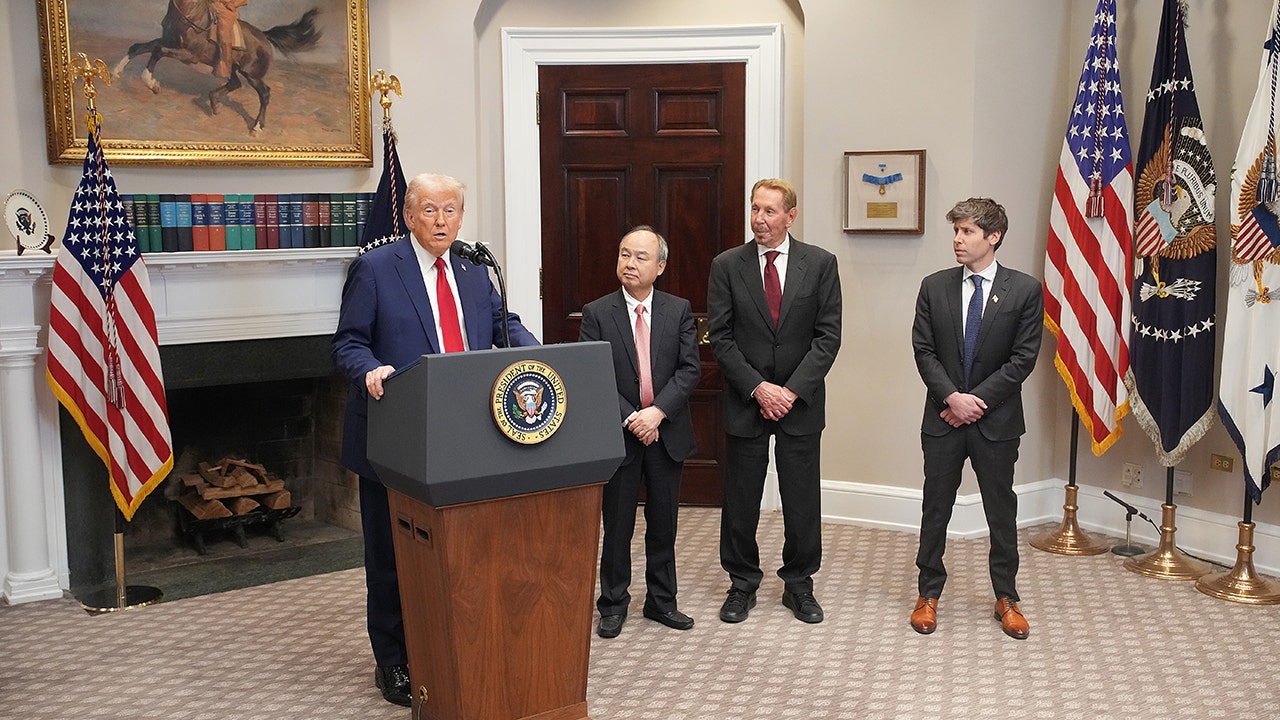Red Tape May Hinder Trump’s Ambitious AI Vision in Texas

Trump’s AI Initiative: Challenges and Opportunities in Texas
Overview of the Stargate Initiative
Former President Donald Trump has announced an ambitious plan called "Stargate," aimed at establishing 20 powerful data centers across the United States. This initiative, backed by major players like OpenAI, Oracle, and SoftBank, represents a significant investment of approximately $500 billion, with Texas selected as the location for the first ten data centers. These facilities are integral to advancing artificial intelligence (AI) technology in the country.
Despite the excitement surrounding the Stargate initiative, recent developments indicate that it may face potential roadblocks from legislative actions within Texas.
Legislative Challenges: Senate Bill 6
A new bill, known as Senate Bill 6, has been introduced in Texas, and it could significantly impact the Stargate project. The proposed legislation requires an extensive review process that adds six months to the already existing timeline of 6 to 18 months for approvals. This bill also introduces new fees and mandates additional backup generators for data centers. The implications of this legislation highlight several crucial points:
Extended Approval Time: The new regulatory measures could double the time it takes to gain necessary approvals for building data centers.
- Inflated Costs: Additional fees associated with compliance could raise the overall expenses involved in setting up these facilities.
According to analysts and Trump supporters, these stringent requirements may deter investment and push companies to consider alternative locations outside of Texas, threatening the potential for economic growth that the Stargate initiative promises.
Perspectives from Economists
Vance Ginn, a former chief economist at the White House, expressed concerns that the proposed regulations reflect a fear-driven approach rather than a strategic plan for growth.
Key Points from Experts
Detrimental to Economic Growth: Ginn argues that excessive regulation could prevent a major opportunity for economic development in Texas. He warns that the costly requirements—like a $100,000 grid connection fee and provisions for a "kill switch" to cut power to data centers—might lead companies to abandon Texas for more business-friendly states.
Stabilization Role of Data Centers: According to Ginn, data centers do not merely consume energy; many of them also contribute back to the grid, playing a crucial role in stabilizing energy supplies in the state.
- Concerns Over Competitive Edge: The long approval process could place Texas at a disadvantage compared to states like Wyoming and Tennessee, which are actively seeking to attract tech businesses.
Supporters vs. Critics of the Bill
Despite the criticisms, Texas Lieutenant Governor Dan Patrick, who sponsored Senate Bill 6, maintains that the bill is necessary for ensuring the success of Trump’s initiatives. He emphasizes that the legislation is designed to support the broader goal of making America a leader in AI, data centers, and cryptocurrency.
Diverging Opinions
Proponents of the Bill: Supporters argue that the bill will provide necessary safeguards against potential energy crises, citing past events like Winter Storm Uri as motivations for stricter regulations.
- Opponents: Critics challenge this narrative, suggesting that the measures are overly cautious and could discourage innovation. They emphasize the need for collaboration between state lawmakers and federal initiatives, advocating for a more proactive approach to infrastructure development.
The Broader Picture: National Security Concerns
Experts indicate that this situation transcends economic concerns; it also intersects with issues of national security. As innovation in AI accelerates globally, there is trepidation that the U.S. could lag behind competitors like China. A recent report highlighted advancements made by Chinese companies in AI, creating anxiety about America’s standing in this rapidly evolving landscape.
Final Remarks on the Path Forward
While Trump’s administration pushes for the Stargate initiative as a foundational element of future American leadership, ongoing legislative challenges in Texas pose significant barriers. As states vie for technological investment, the outcome remains uncertain, revealing the delicate balance between regulation and innovation in shaping the future of AI development in America.






